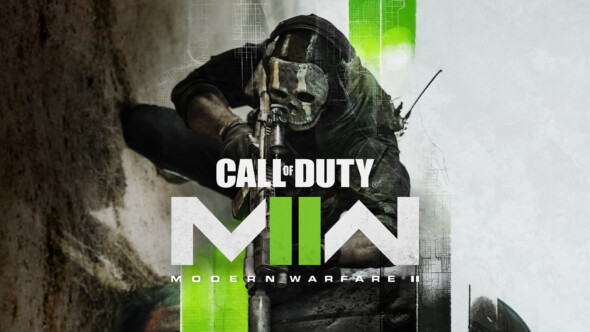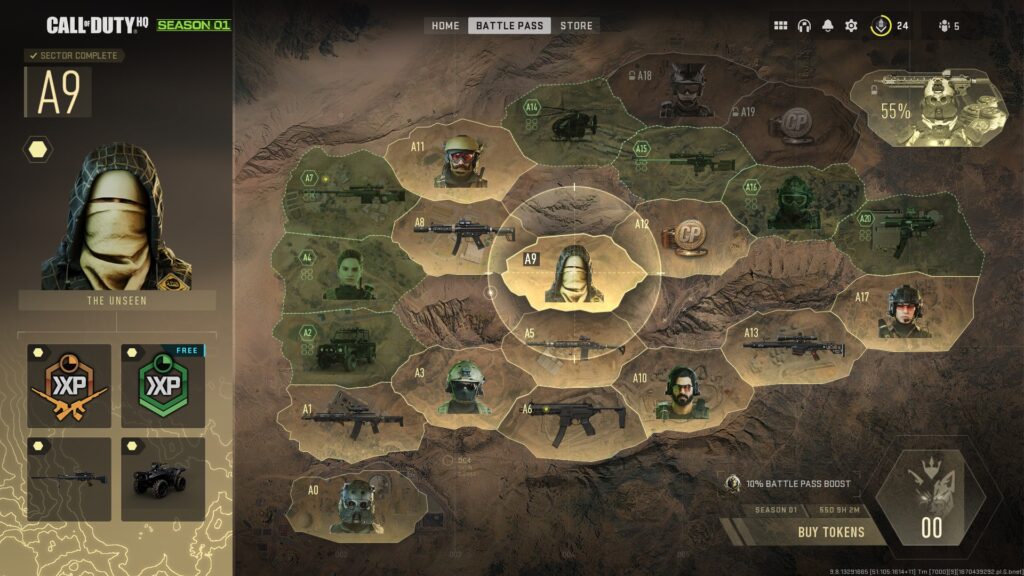Why the $68bn Microsoft-Activision Deal Hinges on One Game Series

Microsoft owns the Xbox home console system, selling millions of games through the console, and is closing in on a $68.7 billion to acquire Activision – which owns 12 major studios and has published hundreds of games –. Still, the entire deal is teetering on just one name: Call of Duty.
Launched in 2003 as competition to the Medal of Honor series, Call of Duty outlasted its main opponent and is now the go-to first-person shooter in the realms of gaming. Owned by Activision, Microsoft was hoping to pull off a major coup by forking out $68 billion for Call of Duty and the rest of Activision’s studios, licenses, and library.
However, the deal hasn’t gone smoothly since its announcement, with several nations positioning to block the deal as it was in its original state. As mentioned, this is almost entirely down to the Call of Duty series going from a multi-platform publisher to a console owner’s sole ownership, but why does it matter so much?
Call of Duty is a powerhouse of gaming
It’s almost impossible to understate the power of Call of Duty in the modern gaming market. As a clear indicator of its worth, ExpressVPN’s survey found Call of Duty to be the most popular franchise among men, with 71 percent citing it as their top pick, and among women, 46 percent give the FPS series the nod.
Its popularity and regular sales across platforms are why governing bodies are flagging anti-competition laws. As the owner of Activision and, thus, Call of Duty, Microsoft could make it exclusive to Xbox consoles or, at the very least, stop it from coming to its only real competitor, Sony, and the PlayStation.
Nintendo is still there, but as the Switch is a hybrid and doesn’t rely as much on cross-platform launches as the Xbox and PlayStation have for over a decade, it’s not considered to be in the same bracket. The best-selling games charts put a Call of Duty title at the top in 2022 and 2019, and the most recent instalment, Modern Warfare II, hit $1 billion in less than two weeks.
Microsoft looking to extend CoD’s reach for a decade
As the PlayStation is, in some way, the better-selling and more popular console, taking away Call of Duty will remove hundreds of millions of dollars each year in in-game sales. Doing so could even hit console sales. This is why governments are scrutinising the deal and have been angling to stop it altogether.
To attempt to convince governments that competition will still thrive and won’t give Microsoft so much leverage as to put up prices and harm consumers, Microsoft signed a ten-year deal with Nvidia and Nintendo. In this deal, it’d bring Call of Duty to the Nintendo Switch and the cloud-streaming platform GeForce Now.
The UK’s Competition and Markets Authority suggested divestment, but Microsoft swatted that away as a disproportionate remedy, but the UK isn’t convinced by the Nintendo agreement. The claim is that Microsoft hasn’t proven that the hardware can even run the full version of Call of Duty.
While cloud-streamed games have worked well on the console, and Hogwarts Legacy will supposedly arrive on the Switch later this year, EA Sports still releases a “Legacy” edition of FIFA every year – which is a very low-quality version of the game – they say, because of the hardware.
So, Microsoft has essentially been forced into its latest announcement. It says that Call of Duty games will be made available with parity of quality and playability as on Xbox for ten years if a deal can go through. In theory, this gives Sony ten years to invest in and create a competitor to keep FPS fans on the console.
Seeing the sales figures and preferences, it doesn’t surprise that Call of Duty potentially going exclusive to one console is ringing competition authority alarm bells. As it stands, to eventually get the title exclusively, Microsoft has opened itself to doing a lot more work to get Call of Duty on the Switch, let alone keep it on PlayStation.







No Comments